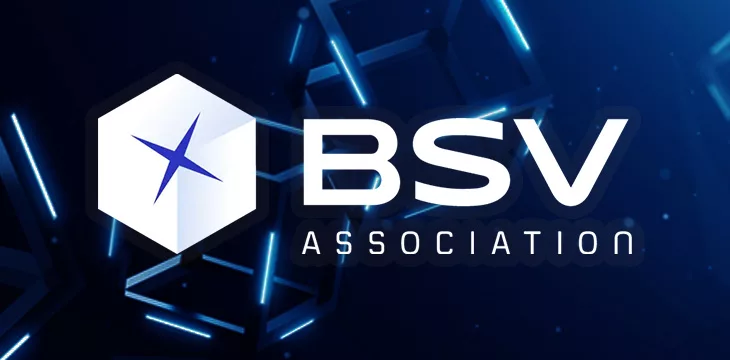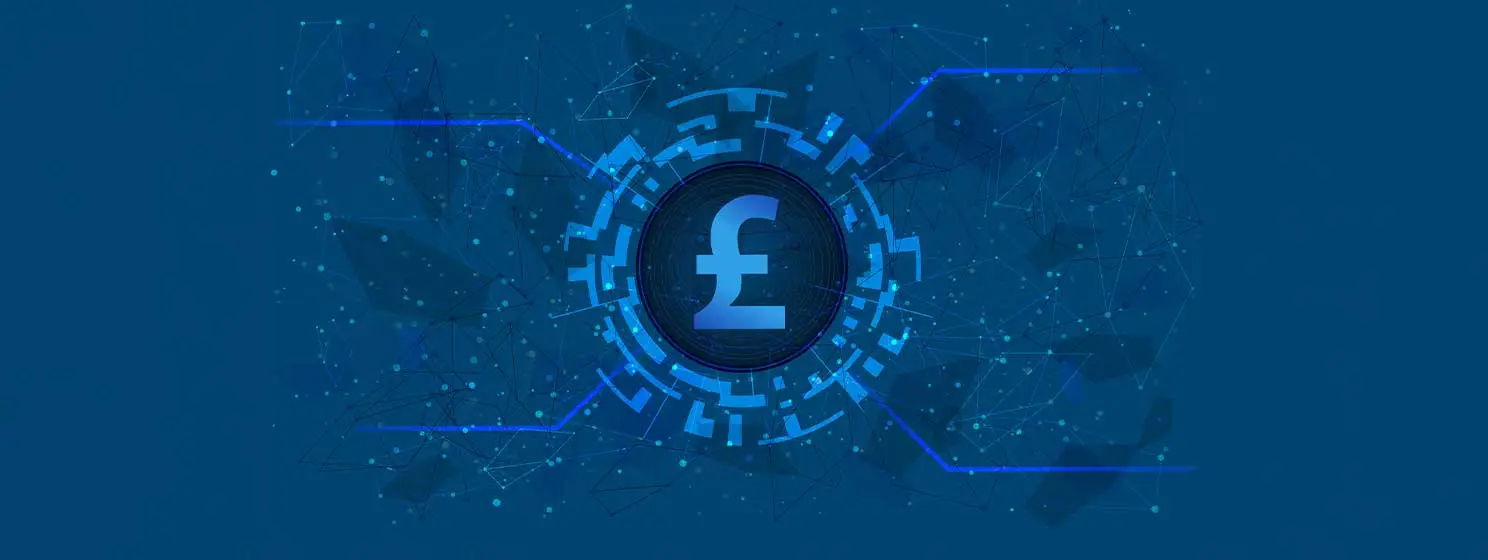|
Getting your Trinity Audio player ready...
|
A new report published this week by BSV Association in collaboration with strategic management consulting firm Boston Consulting Group says: “Data trust has always mattered, but never more so than in the new digital age.” At first, that may feel like an obvious statement, but the increasing ubiquity of data in our lives can often hide what should be important.
BSV Association and blockchain technology company nChain are both clients of Boston Consulting Group. The report is titled “Navigating Digital Transformation: Building Trust in an Automated World” and concerns the role blockchain technology should play in building and maintaining trust. It speaks of a world in 2030 with 125 billion connected devices, all relying on some form of AI decision-making, IoT sensors recording terabytes of data per day, and other new inventions that will impact businesses somehow.
We should be careful before throwing ourselves headlong into this universe without some form of safeguard. How can we be sure the data driving all this is genuine, reliable, and protected from tampering? So far, the best solution is blockchain’s concept of the “universal ledger of truth”—a record that can prove data comes from a particular source, make note of when it was altered and by whom, and be trusted by all.
“Not all blockchains are created equal,” it adds, noting that over 500 different blockchain networks have attempted to create this trusted ledger since 2008. Only BSV has succeeded in doing this at scale. BSV can process over 1 million transactions per second and secure the data on-chain with proof-of-work (PoW), which is still the best model to ensure a blockchain network stays secure. The BSV Association thus recommends the network for enterprise use, enabling new sources of revenue and lower operating/access costs than its competitors.
Overcoming uncertainty
The word “uncertainty” has been written so often to describe our current era that it’s starting to lose its meaning. Yet, restoring certainty should be a primary goal. Some form of trusted digital identity, for humans and machines alike, is necessary. We also need some way to determine and prove data ownership, something today’s internet isn’t particularly good at doing.
The report notes that Generative AI (GenAI) tools can increase productivity by 10-20% or more and even replace some human labor altogether. Whether you approve of these shifts or not, the genie isn’t going back into the bottle—and therefore, trust in the systems we’re deploying to perform these tasks is also essential.
Blockchain creates trust, offers secure exchange, and provides integrity. Most importantly, the way it does these things is not hidden in some proprietary black box we’re not allowed to examine. Blockchain transactions and processes are transparent (even if the actual data recorded can still be private), and the network is open for anyone to access.
Presenting some use cases
The report highlights potentially profitable use-case examples like royalty and fee collection, micropayments for IoT data use/gathering, finance, gaming, ticketing, machine learning training, invoicing and supply chains, and fan experience/engagement (for creatives). Many others still haven’t been discovered or made viable yet, presenting opportunities for those who’d like to think deeper and take a first-mover advantage.
BSV’s advantages in the digital era, it says, are efficient scaling, mass tokenization, low transaction costs, resilience/stability, and security. It also mentions BSV’s ability to comply with existing regulations and laws, as well as its reputation for sustainability (for those concerned about some blockchains’ environmental impact, BSV’s energy efficiency per transaction is far lower than others).
For those concerned about the legality of blockchains and their native assets, BSV also wins out. This is, unfortunately, a legitimate concern, thanks to the industry’s penchant for speculative trading on the “value” of blockchain assets and “cryptocurrencies,” something that’s usually unrelated to their actual utility. BSV is Bitcoin and follows the original Bitcoin protocol—the U.S. SEC has previously stated that Bitcoin is not a security in the United States under its existing regulations. Other blockchain networks using that name have altered the original protocol rules, which may cause regulators to re-examine them in the future.
Restoring confidence in the system
It’s time to shift away from value speculation as the main use case for blockchain, and it’s time to start building solutions that restore trust and confidence in data. Which parts of your business could benefit from a heightened level of trust? The report asks, and where is it most expensive to do so? Blockchain and recording data with blockchain transactions can present some surprising and satisfying answers to these questions.
The future need not be as uncertain as it seems sometimes, and it is possible to trust something as intangible as digital information. To get to the how it’s usually necessary to start with the why.
In order for artificial intelligence (AI) to work right within the law and thrive in the face of growing challenges, it needs to integrate an enterprise blockchain system that ensures data input quality and ownership—allowing it to keep data safe while also guaranteeing the immutability of data. Check out CoinGeek’s coverage on this emerging tech to learn more why Enterprise blockchain will be the backbone of AI.
Watch: Is it the time to use blockchain tech?

 02-18-2026
02-18-2026 




